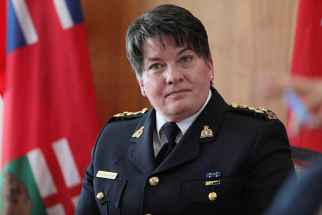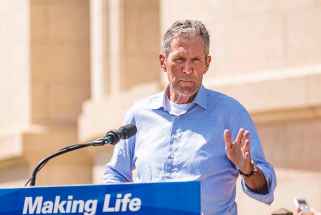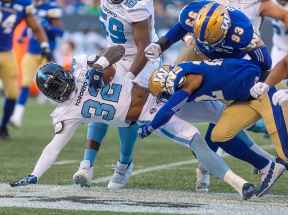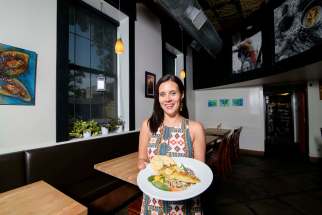Indigenous youth leaders building better future
Read this article for free:
or
Already have an account? Log in here »
To continue reading, please subscribe:
Monthly Digital Subscription
$0 for the first 4 weeks*
- Enjoy unlimited reading on winnipegfreepress.com
- Read the E-Edition, our digital replica newspaper
- Access News Break, our award-winning app
- Play interactive puzzles
*No charge for 4 weeks then price increases to the regular rate of $19.00 plus GST every four weeks. Offer available to new and qualified returning subscribers only. Cancel any time.
Monthly Digital Subscription
$4.75/week*
- Enjoy unlimited reading on winnipegfreepress.com
- Read the E-Edition, our digital replica newspaper
- Access News Break, our award-winning app
- Play interactive puzzles
*Billed as $19 plus GST every four weeks. Cancel any time.
To continue reading, please subscribe:
Add Free Press access to your Brandon Sun subscription for only an additional
$1 for the first 4 weeks*
*Your next subscription payment will increase by $1.00 and you will be charged $16.99 plus GST for four weeks. After four weeks, your payment will increase to $23.99 plus GST every four weeks.
Read unlimited articles for free today:
or
Already have an account? Log in here »
Hey there, time traveller!
This article was published 31/07/2019 (2328 days ago), so information in it may no longer be current.
It’s happened so many times, it becomes predictable. It’s not a matter of if, but when.
“Empty your pockets! Let me see in your bag,” the store clerk tells me.
I’m told it’s for “precautionary reasons.”

It’s always “precautionary reasons” with Indigenous youth. It’s not surprising when my friends and I are seen as nothing more than troublemakers.
For young Indigenous men, they’re gang members; for young Indigenous women, we are victims.
I understand why some think this. Eighty per cent of incarcerated youth in Manitoba are Indigenous, and there are hundreds of unsolved Canadian cases of missing and murdered Indigenous women and girls.
For some, these are the only stories they hear. But this isn’t the whole picture.
The real issue Indigenous youth face is poverty. Poverty takes away choice and opportunity.
Many of our parents struggle with the impacts of racism and violence in Canada and work hard to make ends meet. This results in many Indigenous youth making tough decisions to survive.
Poverty also takes away the ability of Indigenous youth to define ourselves. It creates images in newspapers and labels on TV that paint all of us with the same brush. This is why I am watched in stores, followed, and asked to empty my pockets.
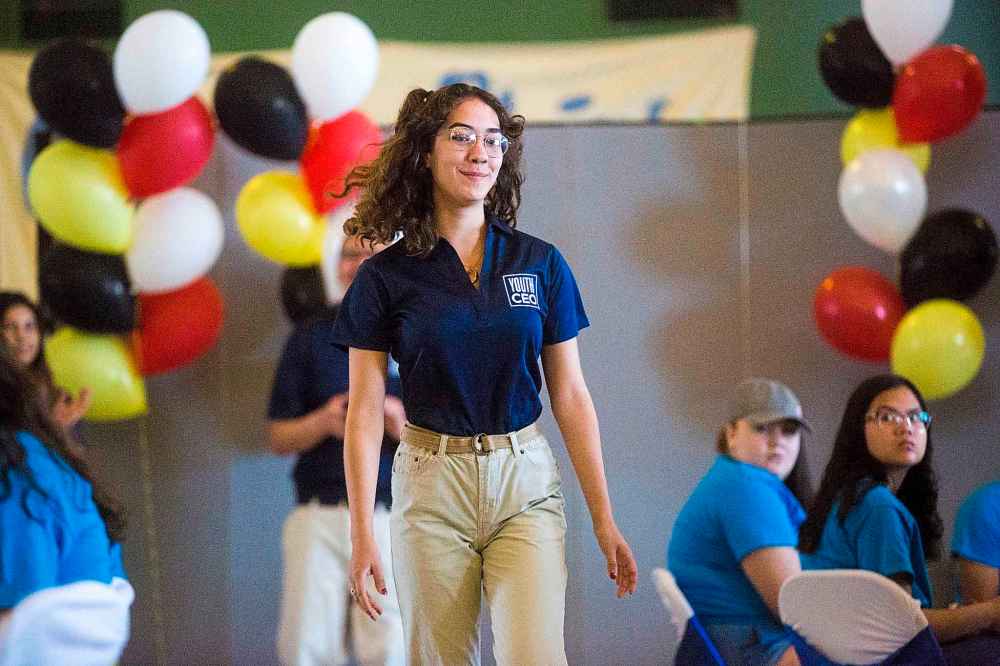
“Indigenous youth face a lot of struggles and hardships,” says Kevin Chief, co-founder of the Winnipeg Aboriginal Sport Achievement Centre, “but what’s defining them now is success.”
I know poverty well. I’ve seen it my entire life. So have many of my friends at St. John’s High School. Our reality consists of food banks, holiday hampers and scraping money together to get a bus pass.
But, like my friends, I refuse to let poverty define me.
WASAC is a non-profit organization designed to create employment experiences and build skills for Indigenous, immigrant, and inner-city youth. Most of its programming focuses on providing opportunities poverty takes away, such as the Youth CEO (creating employment opportunities) program — of which, I am a part.
“In Manitoba, we have the fastest growing demographic of Indigenous young people,” says Chief. “At WASAC, we believe in investing in them, we invest in Manitoba’s future.”
This week, I’m one of 15 young leaders gathering experience in local workplaces such as IG Wealth Management, True North Sports and Entertainment, Payworks, and right here at the Winnipeg Free Press.
Among our group there’s Matthew, who wants to become a paramedic, and Nick, who is going into social work. Emma wants to be in politics, and Jerome is planning to work in education. I’m going to be a teacher.
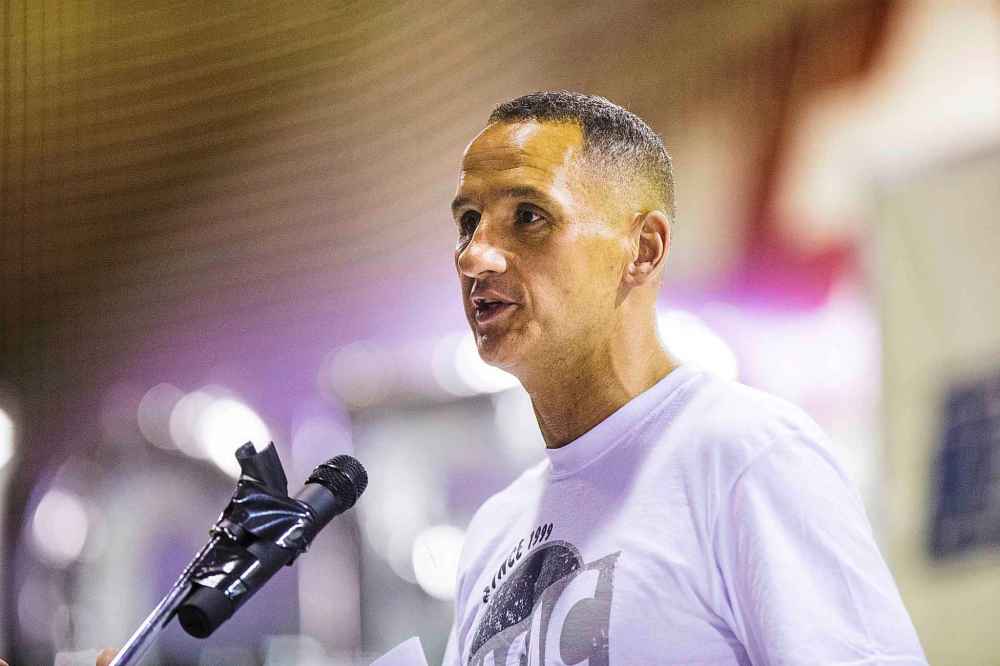
We’re a part of 50 leaders in WASAC — half of whom are Indigenous — who spend our summers mentoring hundreds of Winnipeg children, helping build their futures. Every day, we work hard to create more youth like us.
One day, every single one of us will meet you. We may be leading your political party, saving your life, or teaching your children.
So, when you meet us, ask us about our success instead. It’s yours, too.
Cheyenne Elizabeth Marie Moar is Anishinaabe from Winnipeg and a WASAC Youth CEO, who spent a week working and learning at the Winnipeg Free Press


